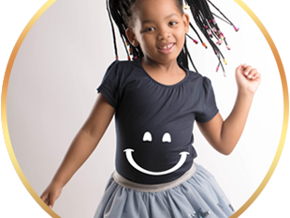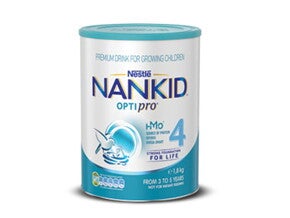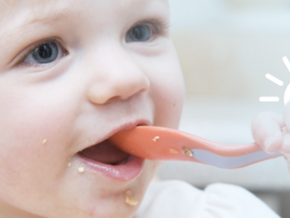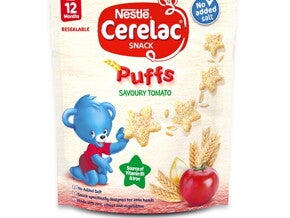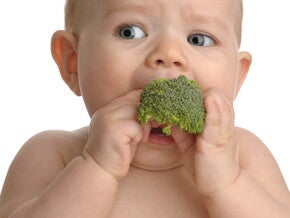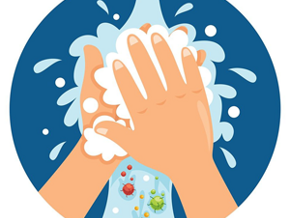
However, it’s not always clear what can be done to achieve these goals. What’s more, research often indicates that it is important to do things right or else our well-intended efforts may actually be counterproductive.
One of the things that was found to be trickier than one may expect is knowing how to celebrate children’s efforts with the correct type of praise.
Why, you may ask, is this even an issue? Isn’t any praise better than no praise at all? Well, it turns out that not all praise is equal. In fact, if praise were food, some types would be like the finest organic fruit, while others would be regarded by developmental experts as junk food that is plain unhealthy.
Here are a few pointers to help guide us as we celebrate our children’s efforts:
1. It is good to praise children for things that are within their power to change. Praiseworthy behaviour may include, for example, showing good manners, working hard, persevering at a task, thinking of a variety of ways to solve a problem, being a team player or following instructions closely. By praising children for things that are within their power to change, we communicate to them that it is within their power to make good choices and that we recognise their efforts to do so.
On the contrary, it’s not a good idea to praise children by telling them how smart or talented they are. According to Dr Carol Dweck, an expert on the subject, this type of praise may cause children to believe that they are cherished and valued for traits that they have inherited, such as being talented, smart or gifted. In order for them to remain on the proverbial pedestal that this belief creates in their minds, they may begin to avoid situations in which they may possibly fail, along with challenges that may require hard work. Why? Because, from their perspective, making mistakes, working hard and not succeeding effortlessly signal that they are somehow less smart or talented and therefore less special.
2. It pays to be sincere and specific. Wait for a genuine opportunity to praise your child, and then be specific about why you are impressed. For example, “I love this drawing because you used beautiful colours and the blue bird looks as if it’s flying towards the sun!”
Toddlers typically still respond well to praise that is overenthusiastic or undeserved. However, when children are around 4 years old, they become aware of possible hidden motives. Consequently, they may begin to interpret insincere praise as a sign that someone is trying to manipulate them or that the person doesn’t really understand them. They may even view it as a sign that they are deserving of pity and sympathy and in need of encouragement.
3. Focus on your child’s personal progress. When we praise our children for achieving goals that they have set for themselves or mastering something new, regardless of whether they have won, we demonstrate that we are genuinely interested in their progress.
On the other hand, children who believe that their parents or teachers are mostly interested in seeing them outperform other children may become so focused on winning that they end up no longer enjoying themselves and losing interest when they no longer win.
Brought to you by NESTLÉ®NANKID® 4, a premium drink for growing children.
We are excited to support you as you build strong foundations for your child’s future in different ways.
In light of this, there are many interesting, fun and engaging games that are perfect for developing a variety of skills in 3–5 year olds. If your child is in this age group, we invite you to sign up – at no charge – to receive developmental milestone reminders and information from us on a monthly basis, aimed at supporting children’s development in all domains. To benefit from this drive from this month until your child’s sixth birthday, please sign up here.
As an extra bonus, download our educational activity.
Please ![]() to download your activity.
to download your activity.
IMPORTANT NOTICE.
NESTLÉ® NANKID® 4 is not a breastmilk substitute. As babies grow at different rates, and is formulated to meet the changing nutrition needs of healthy children older than 3 years.


